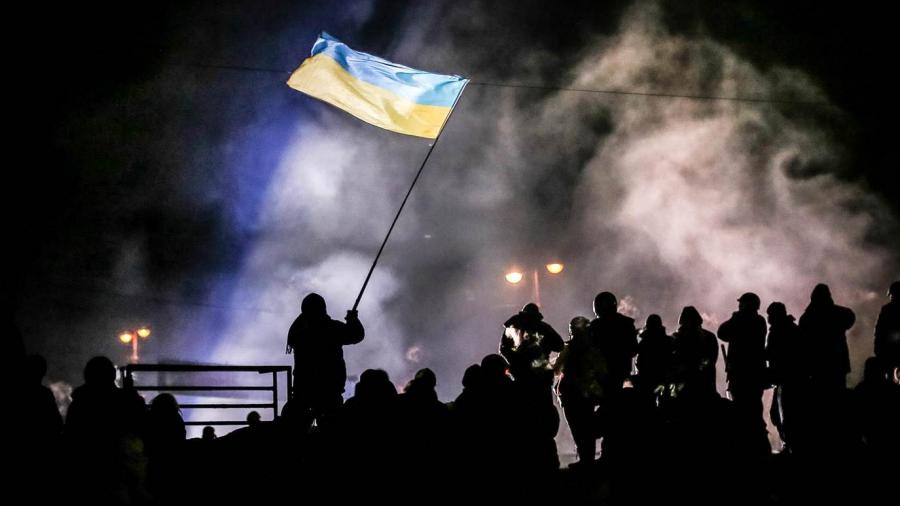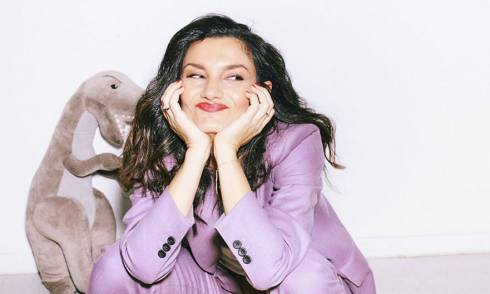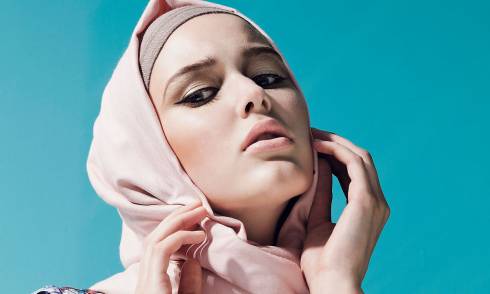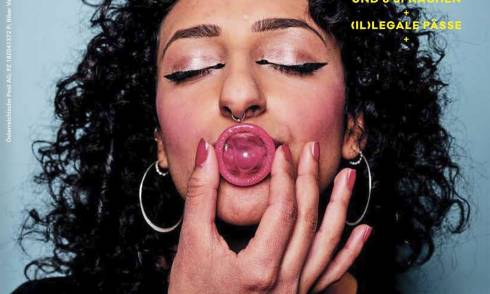“I have experienced a unique unity of people"
Winter on Fire.jpg

There is a black screen. From behind the screen come shouts, loud noises and shots. “Do something for the revolution”, the voice says. “I do so, I am shooting”, comes the answer. The screening of the documentary movie about Ukrainian Revolution “Winter on Fire” begins in Vienna.
Israeli-American director and screenwriter Evgeny Afineevsky was planning to come to Kyiv for only two weeks, but stayed there till the end of the revolution. In cooperation with 28 operators they shot a movie: “Winter on Fire: Ukraine’s Fight for Freedom”. The movie shows the chronology of the events that happened on the main square of Ukrainian capital Kyiv - Maidan. It covers the events from the very beginning of November 2013 until the end of the Revolution in February 2014. This movie is full of interviews, short comments of various participants and unique videos that were filmed in the heart of Europe in 21st century.
This documentary about Maidan has probably become one of the most sensational movies about the revolution. The movie has already received the People’s Choice Award for the best Documentary from the Toronto International Film Festival and was in a shortlist Nominee for the 88th Academy Awards (Oscars). Moreover the production of the film was supported by a popular video service Netflix. That means that around 62 million of viewers can watch it freely online.
In talk with biber Evgeny Afineevsky shared his thoughts about the movie “Winer on Fire”, why the movie has become so famous and his personal inner change after working on it.
You are very cosmopolitan director: were born in former USSR, Kazhan Republic, grew up in Israel and now live in the USA. What was Euromaidan for you personally and why it was so important for you to show this story to the world?
When I was there, I experienced very big unity, unity of young people, of all ages, of all social classes, groups and nationalities. All together they stood to achieve a common goal. It was amazing.
That was amazing how people from all over Ukraine came to Maidan to achieve their big goals. I have seen something unique on Maidan and I wanted to tell this story. I haven’t experience something like this before. Maidan was great experience showing that unity is very important nowadays. Also what very special that Maidan showed was that people are the real power.
The film consists of a lot unique frames that have been used as an evidence for investigation of this deal as well. What does the movie “Winter on Fire” mean for you personally? Do you perceive it as a movie-accusation or just as a documentary movie?
We wanted that the charges were conducted in Ukraine against the killers. That is why we agreed to give some video shots to the Security Service of Ukraine in order to help further investigation. Also the movie itself has become a monument and tribute to the people who were with us and those who were killed during Maidan. It is a historical reminder showing that people are the real power and that together people can achieve goals. Of course for me it also represents a chronologically documented history. I had documented a history but through the eyes of my team, huge amazing Ukrainian team, through their eyes, lenses and voices. And now it will be showed in 50 countries, which makes us happy. The creation of the movie was also possible thanks to the people who took part in it.
My movie is my voice. I am as a director trying to bring it to the world. I think my goal as a film creator is to change lives. If I change at least one or two, I think it will change a lot of lives at the end. I am impressed how people everywhere are reacting differently when they see this movie. It has changed their lives. That is why I think I did something and that means that I have achieved my main goal.
Once you have said that even after two years after the event, while watching some videos you are still touched by it. How did these events as well as the film have influenced you? Have you changed?
Probably for me personally things that happened on Maidan have lead to the re-evaluation of some values: friendship, friends and family. It opens eyes. It has become possible to understand that people with different religious can live together. A very bright example: before I came to Ukraine I heard that a lot of people were nationalists. But when we take a look on Maidan, we see that all nationalities were there. The first victim of Maidan was Sergei Nigoyan whose roots were Armenian. Then Mykhailo Zhiznevskyi who came from Belarus. And their great examples show that you don’t need to be born in this country in order to be a patriot of this country.
Did you get injured during filming on Maidan?
Some members of my team unfortunately were injured a little bit. I was suffering from asthma. But everybody is alive.
Did you feel fear while working on Maidan? Did you feel at some moment that you waned to stop everything and that saving your life was more important than filming the history?
Actually it was interesting because I was in the same danger as everybody else. I guess the feeling of community and the feeling of support were making you fearless. At that moment I didn’t think about it. I felt at that time that I am responsible for these people, for bringing their story. For me it was important in any case to tell the story to the world. When you are in the heart of those events and you have so much adrenalin in the blood, I guess, you loose your fear.
You said that in the USA after watching “Winter on fire” people were surprised how little they knew about what happened on Maidan, although the American coverage of the events seemed to be full. What kind of review have you gotten in Europe? What do you mostly hear from the viewers after they watch “Winter on Fire”?
Actually American coverage wasn’t enough. It started after Crimea and war in the Eastern Ukraine. People were amazed of Ukrainians and their fascinated unity that they brought to the square, despite cold weather, despite bullets and police beating. People were shocked that nowadays something like this happens. I think that watching this movie is a great lesson to everybody. Once I got a feedback from one man who went out of the cinema hall and said: “Their bravery makes you want to go and stand with them on Maidan”. So, I think this is something that held me there, on Maidan, as well. And that is what the people who watched the movie felt. They wanted to support Ukrainians, come and stand with them.
What was the hardest for you while working on the movie?
Once you are filming the events you are living it. Once you are editing it you go through it again. It was tough because you are emotionally attached to all these people. And it is not easy to relive it again.
Was it hard to get the film to Netflix?
It takes some time. But the directors and people believed in me and the materials and they took it. I am very much proud to be a part of the server. People in 50 countries can watch it. It is amazing. The story of Maidan lives and will live all over the world. I think it is a great achievement of my team.
In your opinion what has ensured such success of the film and what has contributed to it being nominated for the Oscars?
Well, it is a combination of factors. First of all, I think it is about the audience which decides if it likes a movie or not. It is the reviews of the critics, a lot of word of mouth. When we got this film to Netflix, nobody promised that I will get Oscar. From the very beginning I believed in this film and wanted to show it to the world. Oscar is a symbolic thing that helps you bring the movie to the bigger audience. It brings bigger exposure. It is an honor. The academy brings together the top professionals and if they recognize your work, it is just a great thing and gives you more opportunities. It emphasizes the importance of the story, because professionals have recognized it.
Blogkategorie:













